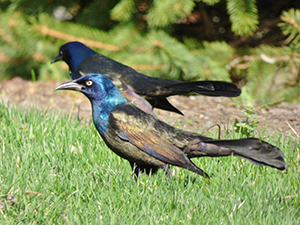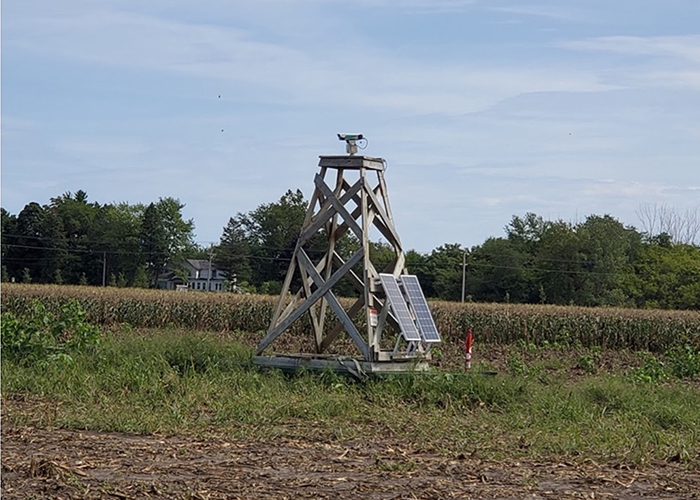Avoid Bird Damage to Your Grain Crops
Jun 15, 2023
Grains have been the foundation of agriculture and food production for centuries. From wheat to rye and rice to sorghum, grains are the bedrock of diets around the world.
In the U.S. alone, billions of bushels of wheat are produced each year. In 2021, the U.S. made $43 billion dollars off of grain and feed exports.
Unfortunately, birds enjoy grains almost as much as humans do. When birds encroach on grain crops, the risks and losses to farmers can be overwhelming.
The Damage Caused by Birds
Blackbirds like red-winged blackbirds, common grackles, and brown-headed cowbirds cause significant damage to grain crops while they ripen. Exact numbers are hard to come by, but it is estimated that blackbirds cause tens of millions of dollars of damage to grain crops annually.
While blackbirds may be the main offenders, cranes and geese also do a striking amount of damage to newly sown seedlings and crops near harvest.
The damage doesn’t end once grain crops are harvested. Stored grains and those awaiting processing are vulnerable to further consumption and contamination by birds. Birds can infiltrate silos and storage bins, eat grains, and leave their droppings behind, contaminating the grain with potential diseases.
How to Keep Your Grains Safe

With global populations rising, every grain counts. Managing birds in the field and during storage and processing is vital for food availability.
The Migratory Bird Management team has extensive experience implementing tried-and-true, biology-based bird control solutions in agricultural settings.
One solution that has proven to deter birds from eating and damaging grain (and other) crops is the use of automatic lasers like the AVIX Mark II. Automatic lasers are a humane and highly effective solution that sweep fields 24/7 in random patterns so birds cannot habituate to and avoid the sweep of the beam. The result? An up to 70% reduction in crop loss.
To schedule a free evaluation for your site for a specific customized management plan, contact an expert member of the Migratory Bird Management team today.




 0
0
